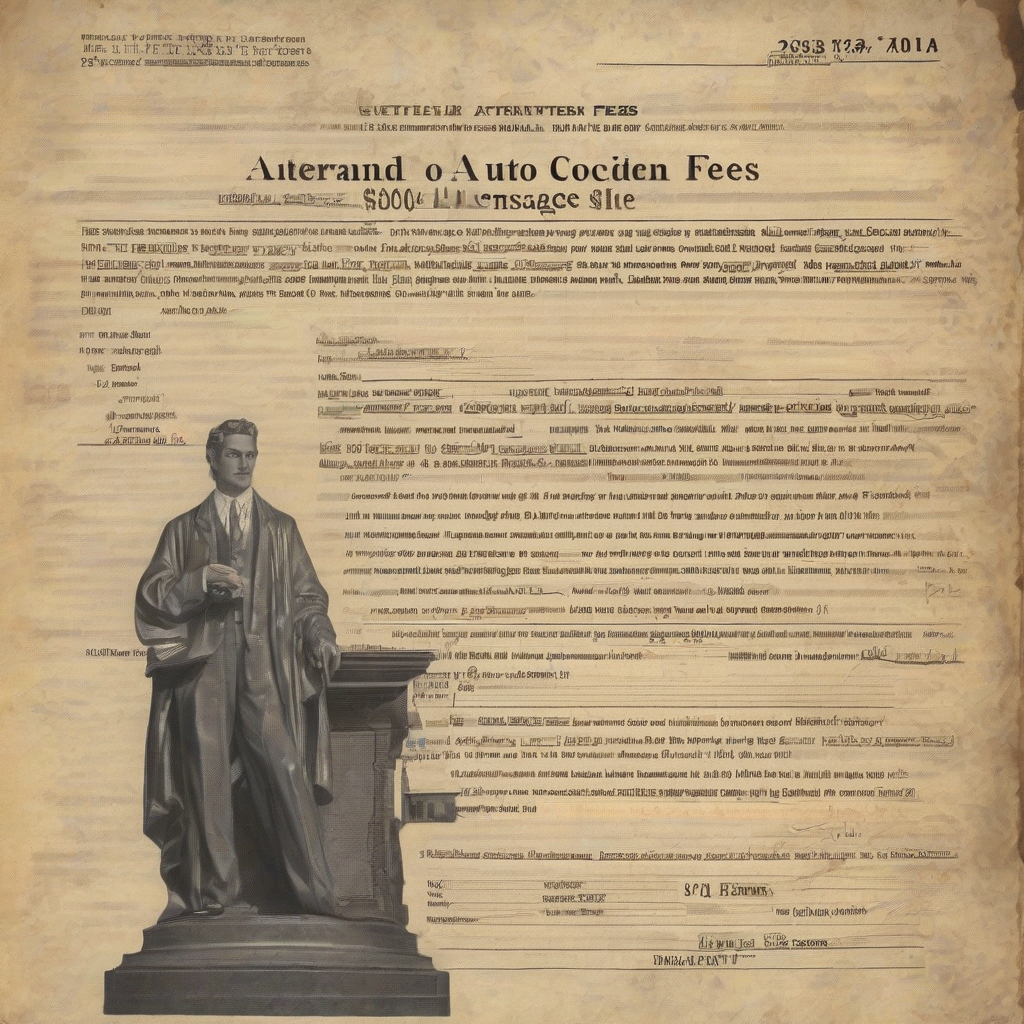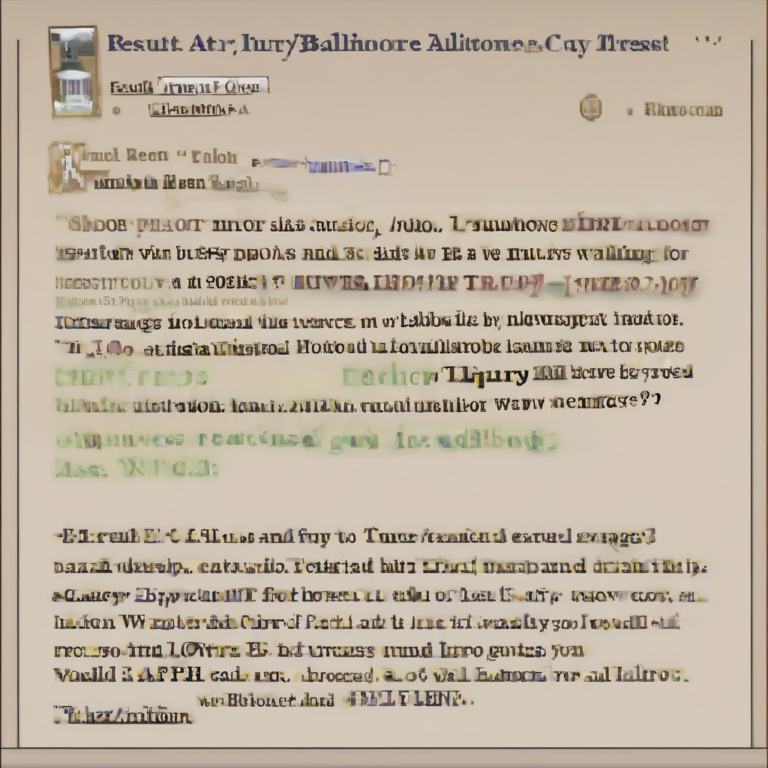
Navigating the Complexities of Auto Accident Attorney Fees: A Comprehensive Guide
Being involved in an auto accident is a traumatic experience, often compounded by the complexities of insurance claims and legal proceedings. Hiring an auto accident attorney can significantly ease the burden, but understanding their fee structure is crucial. This guide delves into the various ways auto accident attorneys charge, helping you make informed decisions and avoid unexpected costs.
Types of Fee Arrangements for Auto Accident Attorneys
Auto accident attorneys typically employ one of three primary fee structures:
- Contingency Fees: This is the most common arrangement for personal injury cases, including auto accidents. Under a contingency fee agreement, the attorney receives a percentage of the settlement or judgment awarded to you. This percentage is typically agreed upon upfront and is only paid if your case is successful. If the case is unsuccessful, you generally owe the attorney nothing, except perhaps for any out-of-pocket expenses they incurred.
- Hourly Fees: In some cases, particularly if the attorney anticipates a straightforward claim or a limited scope of representation, they might charge an hourly rate. This means you pay for their services based on the number of hours worked. Detailed billing statements are provided regularly, offering transparency into the costs.
- Hybrid Fee Arrangements: Some attorneys offer a hybrid approach, combining aspects of both contingency and hourly fees. For instance, they might charge an hourly rate for initial consultations and specific tasks, while the remainder of their fees is based on a contingency arrangement if the case proceeds to litigation.
Factors Influencing Auto Accident Attorney Fees
Several factors contribute to the overall cost of hiring an auto accident attorney. Understanding these factors is key to negotiating fair fees and making realistic budget considerations.
- Complexity of the Case: Simple, straightforward accidents with minimal injuries and clear liability often result in lower fees compared to complex cases involving multiple parties, serious injuries, extensive property damage, or disputed liability. The attorney’s time investment directly correlates with the case’s complexity.
- Severity of Injuries: The extent of your injuries significantly influences the attorney’s workload and the potential value of your claim. Cases involving severe injuries requiring extensive medical treatment and rehabilitation often warrant higher fees due to the increased legal and investigative efforts required.
- Jurisdiction: State laws and court procedures vary considerably. Cases in jurisdictions with complex legal systems or high litigation costs may involve higher attorney fees.
- Attorney’s Experience and Reputation: Experienced and highly regarded attorneys often command higher fees than less experienced ones. Their expertise and track record of success may justify the higher cost, as they possess the skills and resources to effectively navigate complex legal situations.
- Amount of Damages: The potential recovery in your case is a significant factor in determining the attorney’s contingency fee. A larger potential settlement or judgment usually translates into a higher percentage for the attorney.
- Out-of-Pocket Expenses: Attorneys may incur expenses like court filing fees, expert witness fees, investigation costs, and medical record retrieval fees. These costs may be recoverable from the opposing party if you win your case, but you may be responsible for advancing these costs during the litigation process. A clear understanding of these potential expenses upfront is vital.
Negotiating Attorney Fees
While the attorney’s fee structure is typically outlined in a written contract, negotiating certain aspects is often possible. Open communication with your attorney is essential to ensure transparency and mutual understanding.
- Discuss Fee Percentages: In contingency fee arrangements, explore whether the percentage can be adjusted based on factors like the case’s complexity or the expected outcome. Experienced attorneys are usually willing to discuss their fee structure.
- Clarify Out-of-Pocket Expenses: Get a clear understanding of what expenses you might be responsible for and how these will be handled. Ask about payment plans if necessary.
- Review the Contract Carefully: Before signing any agreement, carefully review all terms and conditions, including the fee structure, payment schedule, and responsibilities of both parties. Don’t hesitate to ask questions if anything is unclear.
- Seek Second Opinions: If you are unsure about an attorney’s fee structure, consult with other attorneys for comparison. This can help you determine whether the proposed fees are reasonable for your specific circumstances.
Understanding Contingency Fee Agreements in Detail
Contingency fees, as mentioned earlier, are the most common arrangement for auto accident cases. Let’s delve deeper into the specifics.
- Percentage Split: The percentage of the settlement or judgment the attorney receives is generally agreed upon upfront, typically ranging from 25% to 40%, though it can vary based on several factors mentioned above. The higher the percentage, the higher the potential return for the attorney if the case is successful.
- Success Fee Only: The crucial point about contingency fees is that the attorney only receives payment if the case is resolved successfully, either through a settlement or a court verdict in your favor.
- Recovery of Expenses: Besides the percentage of the settlement or judgment, the attorney often recovers their out-of-pocket expenses. These are reimbursed from the settlement or judgment proceeds.
- Settlement Negotiation and Trial Preparation: Even with a contingency fee, attorneys put considerable time and effort into building your case, whether that involves settlement negotiations or preparing for trial. This investment is reflected in their eventual contingency fee.
Hourly Fee Agreements: Transparency and Predictability
Hourly fee agreements provide greater predictability in terms of costs. While the total cost might be less certain upfront, clients have a clear picture of the ongoing expenditure.
- Tracking Time: Attorneys meticulously track their time spent on various tasks related to your case, generating detailed billing statements that show the hours worked and the associated rates.
- Rate Variations: Hourly rates can vary significantly depending on the attorney’s experience, specialization, and location. It’s essential to clarify the hourly rate upfront.
- Limited Scope Cases: Hourly fees are often used when the legal work is anticipated to be relatively straightforward and limited in scope, such as preparing specific legal documents or offering consultations.
- Budgeting: With hourly fees, budgeting becomes more straightforward. You can estimate the overall cost based on the estimated time involved, allowing for better financial planning.
Hybrid Fee Arrangements: Blending Approaches
Hybrid fee arrangements provide a flexible approach, combining elements of contingency and hourly fees. They can be particularly beneficial in cases with a mix of simple and complex tasks.
- Initial Hourly Rate: The initial phases of a case, such as initial consultations, document review, and preliminary investigations, might be billed at an hourly rate.
- Contingency Fee for Litigation: If the case proceeds to litigation, the attorney might switch to a contingency fee arrangement for the remainder of the legal work, ensuring alignment of interests.
- Transparency and Flexibility: Hybrid fees offer a level of transparency in the initial stages, while still offering the potential for a substantial contingency payment if the case is successful.
Questions to Ask Your Auto Accident Attorney
Before hiring an auto accident attorney, asking clarifying questions ensures you understand the fee structure and potential costs involved.
- What is your fee structure for handling auto accident cases?
- Will you charge a contingency fee, an hourly fee, or a hybrid arrangement? What are the specific details of each?
- What is your hourly rate (if applicable)?
- What percentage of the settlement or judgment will you receive under a contingency fee agreement?
- Are there any additional costs or fees I should be aware of (e.g., court costs, expert witness fees)?
- How will these costs be handled? Will I be responsible for advancing them, or will they be covered under the contingency fee arrangement?
- Can we negotiate the fee arrangement?
- What is your experience handling cases similar to mine?
- Can you provide me with references from past clients?
- What is your process for communication and updates on the progress of my case?





